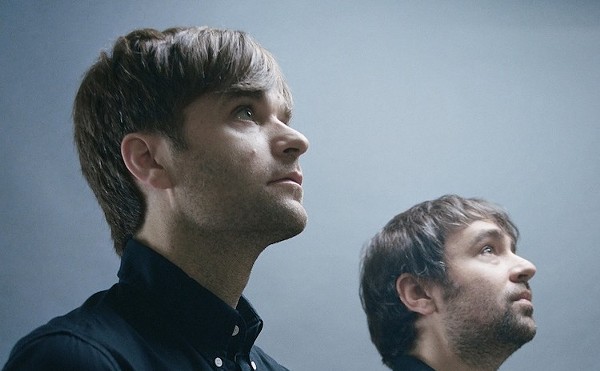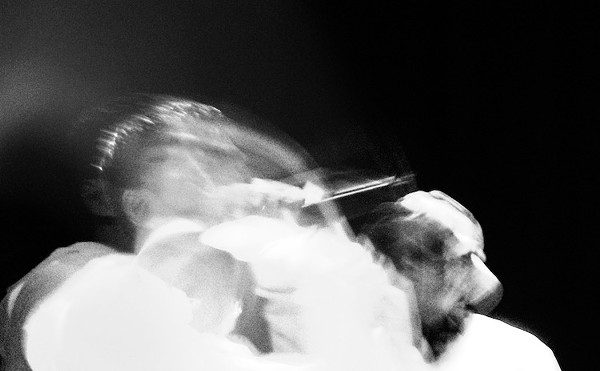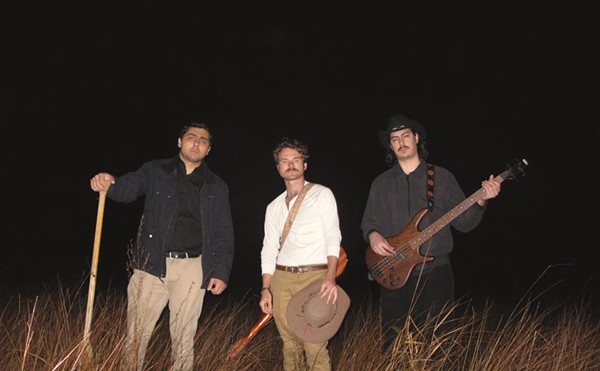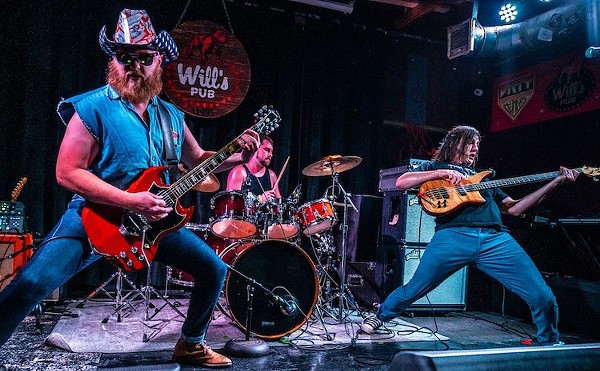We're nearly 11 months into this 200th year since the birth of French composer Hector Berlioz, and it seems that the anniversary is unlikely to be heralded in the same way Beethoven's 200th birthday was in 1970 (or the 250th anniversary of Bach's death was in 2000). There have been no retrospective collections of his masterworks, no standard-setting performances. Carnegie Hall is devoting only two performances -- as part of a Francophilic season that also includes homages to Messiaen and Debussy -- to the man that helped usher in modern "programme music" and, in effect, helped define an approach to classical composition that's dominated the form for the past 150 years.
Granted, the usual "season" for classical music performances is just getting into high gear, but there is a distinct lack of high-profile appreciation for Berlioz's influence. One reason could be that, for such a long time, the influence of Beethoven's symphonies was so pervasively felt in his work that it pushed Berlioz onto some unspoken "second rung" of Romantic composers. However, in all of his work -- from his immensely popular "Symphonie Fantastique" to intensely emotive works like "The Damnation of Faust" -- it's clear that Berlioz was subtly shifting the dynamics of music from the expansive, beauty-for-beauty's-sake (or music-for-Jesus'-sake, as the case may be) mode it had been in for so long.
This move into "programme music" (compositions that are literarily specific in their dramatic symbolism, sort of like opera without words) rather than "absolute music" (which was more about pure instrumental expression) had been underway for some time, and the concept of the former was nothing new to Berlioz. Yet, upon completion of his first major work, "Symphonie Fantastique" (1845), it was clear that he had stumbled onto something. Telling a story with music alone -- and only a concert "programme" to guide the listener -- was a difficult task, but Berlioz pulled it off by forcing instrumentalists into unusual sonic contortions, effectively making them both musicians and sound-effect artists.
That piece is perhaps Berlioz's most famous one and justifiably so. It's accessible and thematically engaging. After all, what guy hasn't been so fixated on a woman that he tries to kill himself over the unrequited love, but winds up taking just enough opium to cause massive hallucinations, including a Witches' Sabbath that culminates in said woman participating in an orgy ... while he has to watch? Not simplistic stuff.
Thankfully, although it seems the classical music world at large is content to cursorily acknowledge Berlioz's birthday, locally, the Bach Festival Choir and Orchestra seems to understand the year's importance and will be presenting two celebratory performances on Friday and Saturday, Oct. 25 and 26, at Rollins College Knowles Memorial Chapel. Interestingly, these performances will focus on Berlioz's "Te Deum," an absolutely massive work that was first performed in 1855 with a chorus numbering 950, and again the next year with a whopping 1,250 people. Needless to say, this isn't a composition that's performed very often, so this presentation is a treat. (The ensemble at these performances will feature a relatively miniscule 260 people; 150 from the Bach Festival Choir, 70 from the orchestra and 40 from the children's choir.) This explosively climactic work is unforgettable when heard in a live setting, and, doubtless, the Bach Festival folks will pull it off magnificently.
And, just so you're not disappointed, they'll be tacking on performances of "Symphonie Fantastique" at the end.
Prep work: If you're unfamiliar with Berlioz's work, you really shouldn't be. Telarc has recently reissued -- at midline price -- an amazing performance of "Symphonie Fantastique" by The Cleveland Orchestra with Lorin Maazel conducting. Also, the full-price Deutsche Grammophon recording of "Te Deum" by Claudio Abbado and the London Symphony Orchestra is hard to beat.
•••
Speaking of Bach and historical revisionism (OK, we weren't, but let's pretend we were), violinist Hilary Hahn returns to the Bach well and again comes back with something bafflingly refreshing. Newly signed to an exclusive contract with Deutsche Grammophon, Hahn has outgrown the child-prodigy tag that made her so perversely attractive in the mid- to late-'90s and has matured into an artist with a distinct musical vision. As on her album debut, 1997's "Hilary Hahn Plays Bach" (recorded when she was 17), this DG disc, "Bach: Violin Concertos," finds her cavorting with Johann; yet surprisingly, this is the first time she's approached these pieces. Recorded with the Los Angeles Chamber Orchestra (conducted by Jeffrey Kahane), the disc is composed of four concertos, the most impressive of which is the high-velocity "Concerto for Two Violins, Strings and Basso Continuo in D minor." Sharing the spotlight with second violinist Margaret Batjer, Hahn blithely barrels through the piece, yet keeps a firm hand on the dramatics. This approach is what ultimately makes the disc so re-warding: though respectful of the stateliness of the compositions, Hahn is utterly unafraid to crack them out of their calcified shells and breathe new life into them.
















